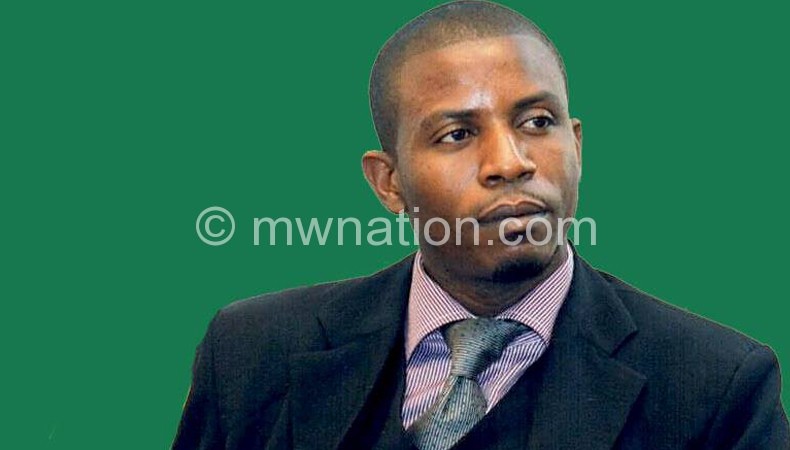Csec wants govt to address education woes
The Civil Society Education Coalition (Csec) has asked government to address woes in the education sector, including continued late payment and non-payment of teachers’ salaries.
Pupils from different primary schools in Blantyre went to the streets on Wednesday after their teachers abandoned classes over late payment of salaries by government.

Csec, in a statement signed by executive director Benedicto Kondowe and board chairperson Julie Juma, said while appreciating that the country faces economic hardship, the organisation was concerned about the challenges teachers are being subjected to.
Reads the statement: “Csec is aware that this problem has been recurring over the past 10 years regardless of whether teachers are budgeted for in the National Budget. It is for this reason that Csec feels that the problem is more of management issue than being a matter of lack of resources.
“Failure to pay teachers has resulted in class boycott and in recent times, pupils taking their frustrations to the street. Such developments are uncalled for, especially that it is usually teachers who are not paid on time every year.”
Csec said it found government’s attribution of the problem to the challenge of a payroll for the last 20 years each time teachers are not paid as unconvincing.
The organisation appealed to President Peter Mutharika to intervene in the matter and hold responsible officials on the issue to account.
Meanwhile, Csec said it has noted that the 2014 selection to secondary schools had numerous challenges.
The coalition said the selection to secondary schools has not been transparent enough to warrant the public confidence.
Reads the statement: “A case in point is the selection of students to Nkhata Bay Secondary School which despite being a national secondary school did not have a single student selected from Nkhata Bay.
“It is undisputable that national secondary schools ought to cater for all Malawians regardless of where they are coming from but perhaps, it is pointless to advance this view in the current scenario without evidence that the students in the concerned district miserably failed to meet the selection criteria to Nkhata Bay Secondary School.”
The civil society group also noted that infrastructure development is not fairly distributed and in some instances, politicised to the extent that some communities and districts that are in high need are completely sidelined.





